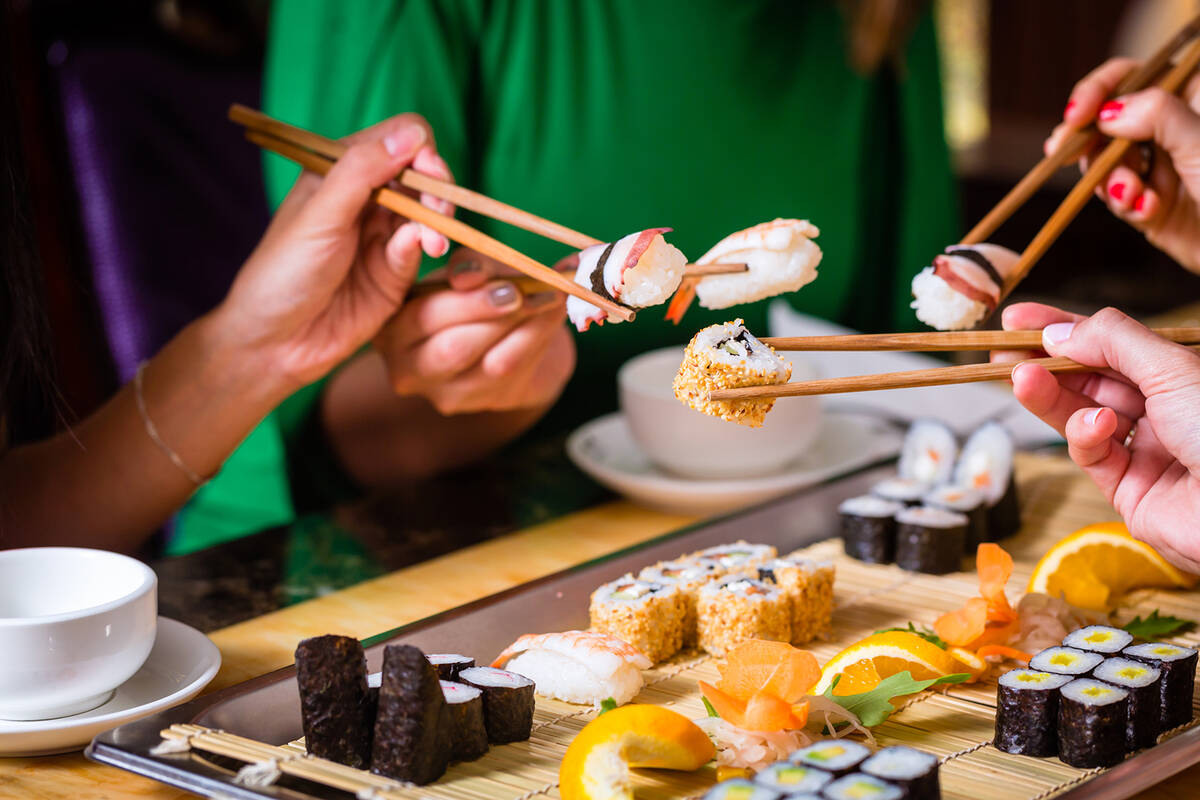Eat with an eye on your biological clock
Imagine a clock in your brain that regulates how your body uses the food you eat. Suppose this clock controls how your body burns calories. And what if this clock even manages your appetite?
These and other questions are being studied in a new area of research called chrononutrition. Basically, scientists want to know how our internal 24-hour timing system influences our eating habits and ultimately our health.
Most of us have heard of circadian rhythms — natural changes in our bodies that follow a 24-hour cycle. For example, we tend to get tired and sleep at night and wake up and are alert during the day. What makes this happen?
According to the National Institutes of Health, these 24-hour patterns are controlled by specific biological clocks in nearly every organ of our body. And everything is kept in sync by one master clock in the brain.
So what does this have to do with nutrition? Scientists now realize that circadian rhythms direct more than just when we sleep and when we wake up. They also signal the most natural times to eat and the best times not to eat. That is, there are certain times during our 24-hour day when our bodies best use the food we eat. And we should not throw that pattern out of whack.
Read through this interesting yet intricate research and you may come to the same conclusion I did. As much as possible, we need to eat when it’s light and sleep when it’s dark. When we disrupt these natural times of eating and sleeping, our bodies don’t respond well.
Studies have found, for example, that people who eat most of their calories earlier in the day (rather than late at night) actually burn more fat when they are asleep. On the other hand, late-night eating seems to shift our biological clocks in ways that promote fat storage and disrupt the body’s ability to regulate blood sugars.
I experienced this firsthand while in college back in the stone age. Being a nutrition student, I volunteered for a weight loss study in which half of us were instructed to eat only between 6 a.m. and 3 p.m. every day. The other group ate all of its calories between 3 p.m. and bedtime. Both groups ate the same amount of calories each day. But after six weeks, my group (the early eaters) lost significantly more weight than the late eaters.
We still have a lot to learn about chrononutrition. In the meantime, when possible, remember this old adage: Eat breakfast like a king, lunch like a prince and dinner like a pauper. And even if you work night shifts, develop a regular pattern of eating and sleeping.
Barbara Intermill is a registered dietitian nutritionist and syndicated columnist. Email her at barbara@quinnessentialnutrition.com.

















